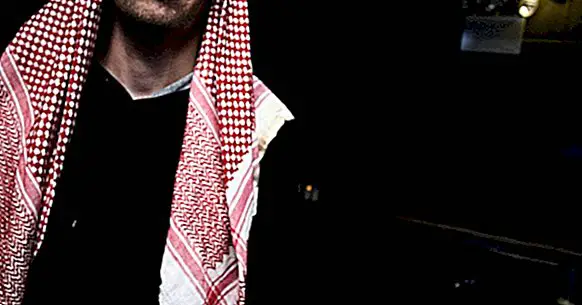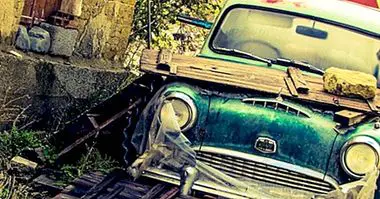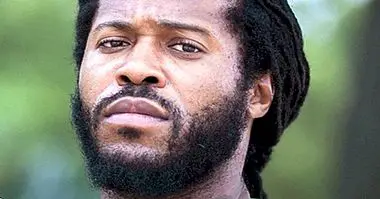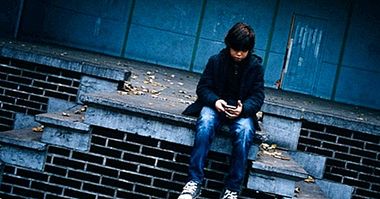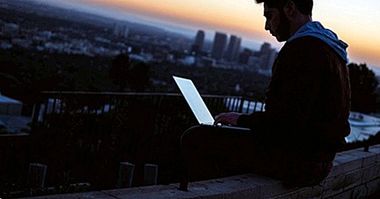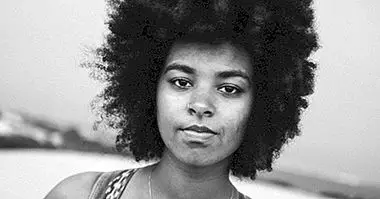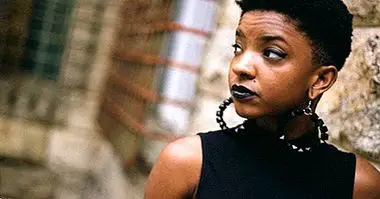Why do Western people join terrorist movements like ISIS (Islamic State / Daesh)?
This text is a translation of the article originally written here by Michael Muhammad Knight On 09/03/2014.
The Islamist State He has recently published another horrible video in which he sees a new beheading, once again perpetuated by a jihadist with Western roots. As it happens frequently, I have received messages asking for an explanation.
I am the jihadist who never became one
I was one step away from being part of ISIS.
Twenty years ago I left my Catholic Institute in northern New York to study in a madrassa financed by the Saudis in Pakistan. As a recent convert, I had the opportunity to live in a mosque and study the Koran all day .
This happened in the mid-nineties, during the escalation of violence between the militiamen of the Chechen resistance and the Russian military forces. After class, we turned on the television and watched transmissions from there filled with suffering and pain. The videos were terrible. So terrible that I soon found myself thinking of abandoning my religious education to take a weapon and fight for the freedom of Chechnya.
It was not a verse that read in our study circles of the Koran what made me want to fight in me, but my American values. He had grown up in Reagan's eighties. I learned from the cartoons of G.I. Joe to (according to the lyrics of his main theme) "fight for freedom, wherever he is in danger". I adopted the idea that individuals have the right - and the duty - to intervene in any part of the planet where they perceive threats to freedom, justice or equality.
For me, the fact of wanting to go to Chechnya was not reducible to my condition as a Muslim or "hatred towards the West". This may be hard to believe, but I thought of war in terms of compassion. Like many Americans who enlist in the army moved by love towards their country, I longed to fight against oppression and protect the safety and dignity of others . I thought that this world looked bad. I put my faith in somehow magical solutions claimed that the world could be fixed by a renewal of authentic Islam and a truly Islamic system of government. But I also believed that the struggle for justice had more value than my own life.
Finally, I decided to stay in Islamabad
And the people who came to convince me not to fight were not the kind of Muslims that can be labeled by the media as liberal, reformist friends of the West and so on. They were deeply conservative, some would call them "intolerant". In the same learning environment in which I was taught that my mother, because I was not a Muslim, would burn eternally in hell, I was also taught that I would bring more good to the world as a student than as a soldier, and that I had to fight to be more than a body in a ditch. These traditionalists reminded me of Muhammad's phrase about how the ink of schoolchildren is more sacred than the blood of martyrs.
The media usually draw a clear line that separates our categories of "good" and "bad" Muslims. My brothers in Pakistan would have made that division much more complicated than many can imagine. These men, whom I had as pious superheroes, speaking to me as the legitimate voice of tradition itself, said that violence was not the best I could offer.
Some guys in my situation seem to have received a very different advice
It is easy to assume that religious people, particularly Muslims, simply do things because their religions demand it. But when I think about the impulse I had at 17 to march away and become a fighter for the cause of Chechen rebels, I consider more things than religious factors. My scenario imagined about the liberation of Chechnya and turn the country into an Islamic State was a purely American fantasy , based on American values and ideals. When I get news about Americans who fly across the planet to throw themselves into struggles for freedom that are not their own, I think "what an American action".
And that is the problem
We are raised to love violence and see military conquest as a benevolent act . The American boy who wants to intervene in the civil war of another nation owes his vision of the world to both American idiosyncrasies and fundamentalist interpretations of writing.
I grew up in a country that glorifies military sacrifice and is authorized to rebuild other societies according to its own point of view. I internalized these values even before thinking about religion. Before even knowing what a Muslim is, let alone concepts like "jihad" or "Islamic State", my American life had taught me that this is what brave people do.
- Source: The Washington Post

